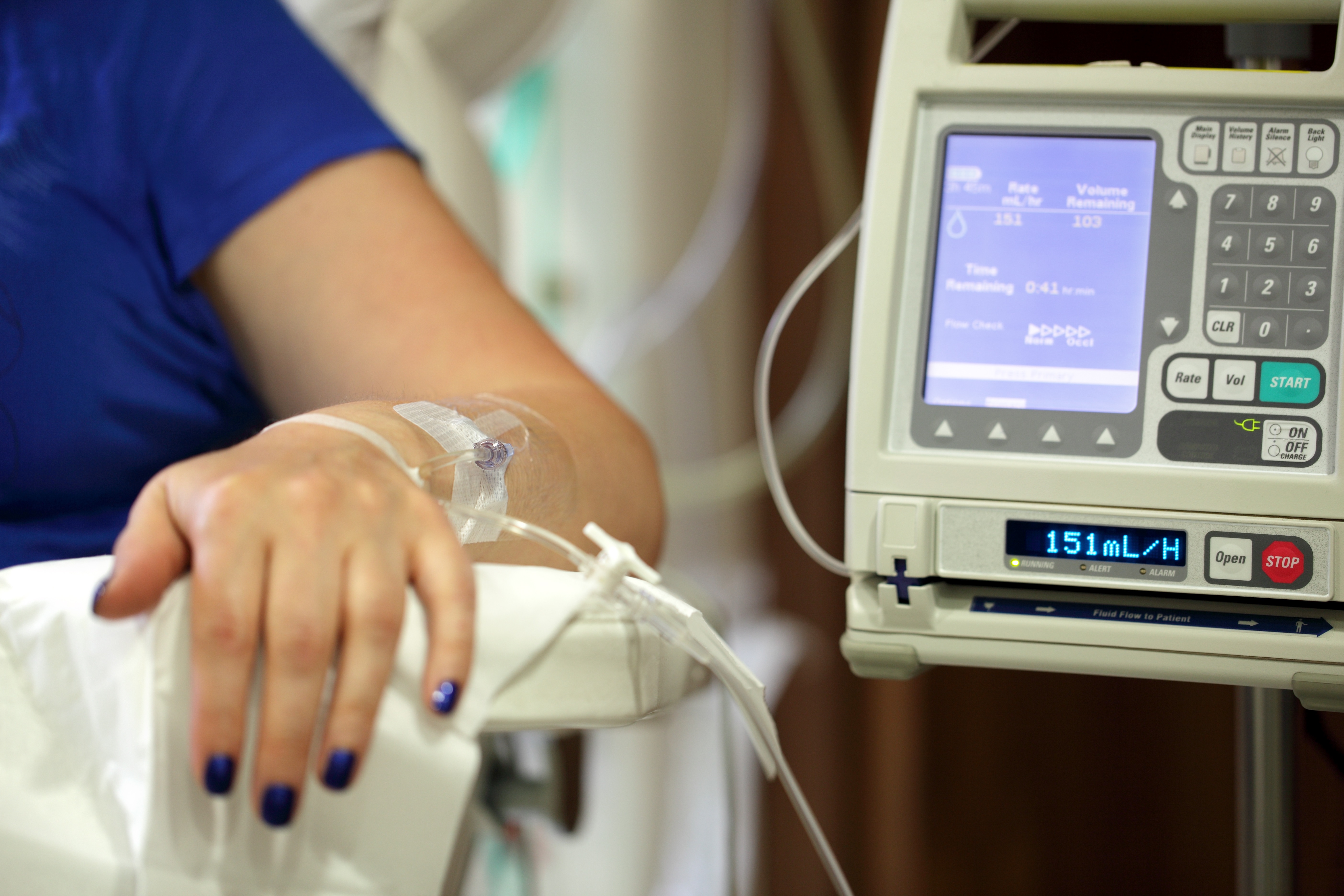Researchers at the Azienda Ospedaliera Santa Maria Nuova / IRCCS of Reggio Emilia in Italy recently reported in the Journal of Translational Medicine that a chemotherapeutic treatment based on cisplatin, etoposide and ifosfamide (PEI) could be considered a therapeutic option for patients with small cell lung cancer (SCLC). The study is entitled “Pei regimen: a therapeutic option in small cell lung cancer? A retrospective monoinstitutional analysis of 46 consecutive cases” and is registered at ClinicalTrials.gov under the identifier NCT02324296.
SCLC corresponds to approximately 15% of all lung cancers diagnosed, with cigarette smoking being the main cause of the disease. SCLC tumors are usually very aggressive, growing quickly and spreading early in the disease course, with 10 to 18% of the patients having brain metastases at the time of initial diagnosis. SCLC is particularly sensitive to chemotherapy; however, there has been no improvement in terms of patient overall survival in the last two decades. Cisplatin-etoposide (PE) is still considered the worldwide standard treatment for SCLC, with 50 to 70% of the patients achieving a treatment response but with only an average median survival of 7 to 8 months in patients with extended disease.
A previous study from 1995 has shown that SCLC treatment with PEI was more effective in terms of patient overall survival than PE. However, PEI-based therapy did not become a commonly used treatment for SCLC. In the present study, researchers conducted a retrospective analysis of 46 SCLC patients (30 males and 16 females), median age of 63 years, treated at the Medical Oncology Unit of Reggio Emilia with the PEI regimen (cisplatin 20 mg/m2, etoposide 75 mg/m2 and ifosfamide 1200 mg/m2), day 1 to 4, every 3 weeks, to assess PEI activity in SCLC treatment.
[adrotate group=”10″]
Researchers found that of the 27 patients with extended disease, 63% had a partial response rate and 26% a complete response to the PEI regimen, whereas in the 19 patients with limited SCLC disease, 74% had a partial response and 16% had a complete response. The median time to progression was found to be 7.1 months in patients with extended disease (median overall survival of 11.8 months) and 15.2 months in patients with limited disease (median overall survival of 28.2 months). The team found that the toxicity associated to PEI treatment was manageable.
The research team concluded that the PEI regimen could be considered a possible therapeutic option for SCLC patients as it has an acceptable toxicity profile and a high activity.

